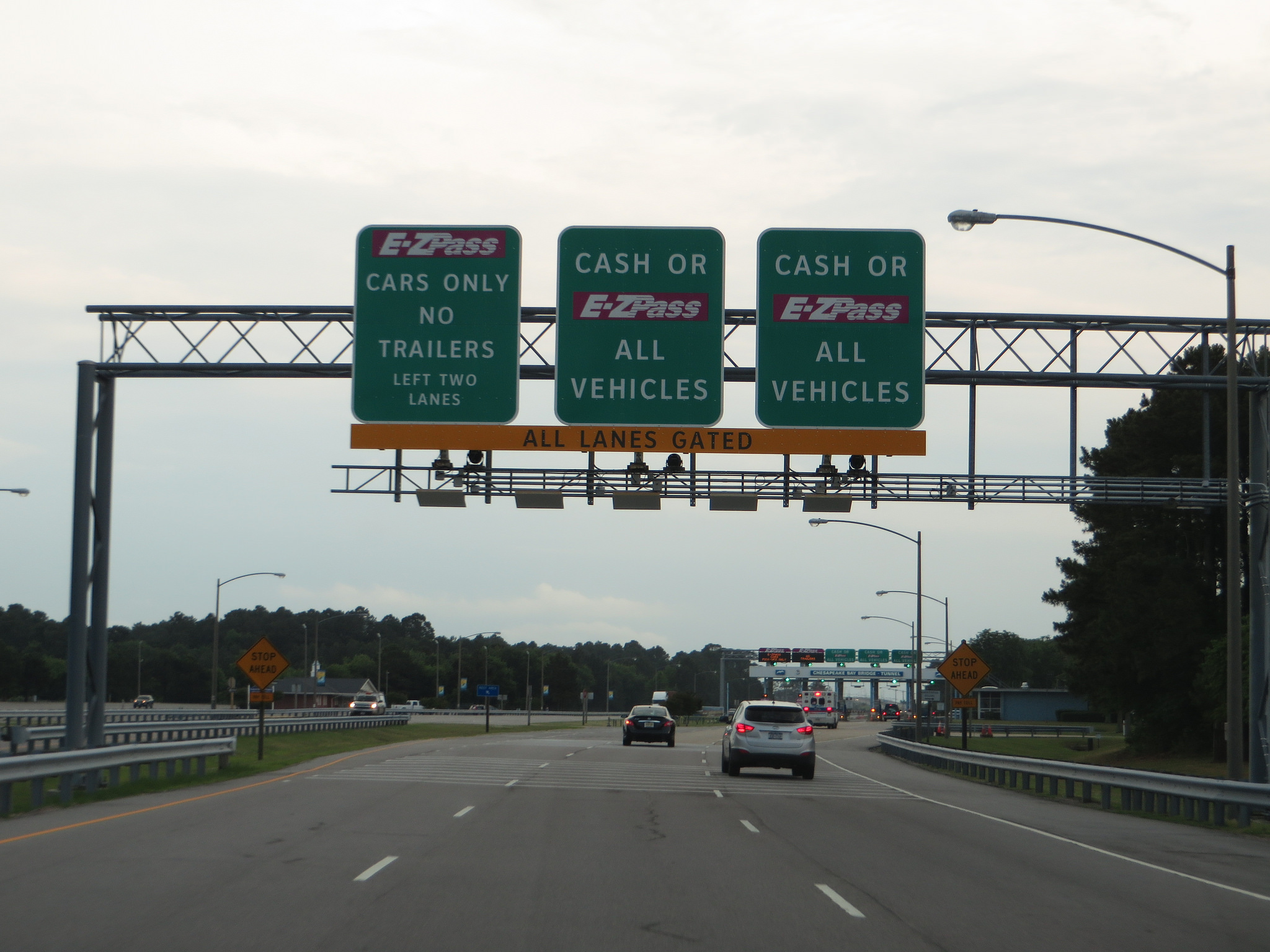The Virginia Department of Transportation (VDOT), everyone’s favorite state agency, is currently promoting a long-range plan to curtail congestion in Northern Virginia. By using artificial intelligence, state transportation agencies would track commuters and even pay some to alter their routes to provide for better-flowing traffic.
Within the Northern Virginia Regional Multi-Modal Mobility Program, officials will look to analyze commuter parking availability to identify and fill gaps in transportation services. Moreover, data will be used to provide alternative paths of travel and transportation like encouraging people to carpool, taking a local or statewide transit system, or detouring to a different route of travel or parking lot to alleviate congestion.
The program is recommended to have $15 million in funding to be divided as:
$7.5 million would go toward developing an artificial intelligence system focused on improving transportation management and tools providing people with incentives to change their travel patterns and avoid significant delays.
$4.6 million is dedicated to studying historical trends and current parking data to predict where spaces will be available so that companies that develop apps or individuals themselves can factor that into trip planning.
$2.9 million will be used to identify gaps in Metro, bus, and other transportation services around Northern Virginia.
One of the avenues in the plan is to use the app incenTrip, which offers people cash or other rewards for making changes to their usual trips while viewing recommendations for the best routes and times to travel. Moreover, the information could be “shared,” with the goal of encouraging carpooling or transit use to move people faster by decreasing the number of people driving alone.
The plan’s focus is currently centered around Interstate 66, Interstate 95, and Route 7.
WTOP reports that the Commonwealth Transportation Board (CTB) is expected to vote in June on state funding for the program that would be led by the Northern Virginia Transportation Authority (NVTA).
It seems that instead of increased tolls, or possibly in conjunction with increased tolls, Virginia is open to bribing drivers to take different modes or transport, different routes to work, and parking in different places to rectify the problem of woeful traffic conditions in the most densely populated part of the Commonwealth. Of course, getting paid to take a longer route to work may pay off in the long run, but there is obviously a trade off.
To be paid or taking different routes or even being kept abreast of alternative, less congestion-ridden roads, the state must also know where these drivers are at any given time. While this will allow artificial intelligence to determine the best modes and ways of travel, there is still a slight discomfort about consistently being watched or tracked.
What’s to say that they wouldn’t know exactly how fast one is going, whether one is using their seat belt, or any number of possible scenarios in which a commuter can be ticketed, or even jailed? What’s to say that this “sharing” of location information would be strictly used to improve traffic congestion?
For the numerous scandals that have occurred within the past few years regarding data breaches and having user information bought and sold across the world, there is, indeed, even more discomfort brought into the plan.
Nevertheless, it must be understood that the contentions that may rise with utilizing artificial intelligence and information gathering to improve roadways do not lie within the technological advancements. The contentions lie where they have always been – with the humans using the system.






